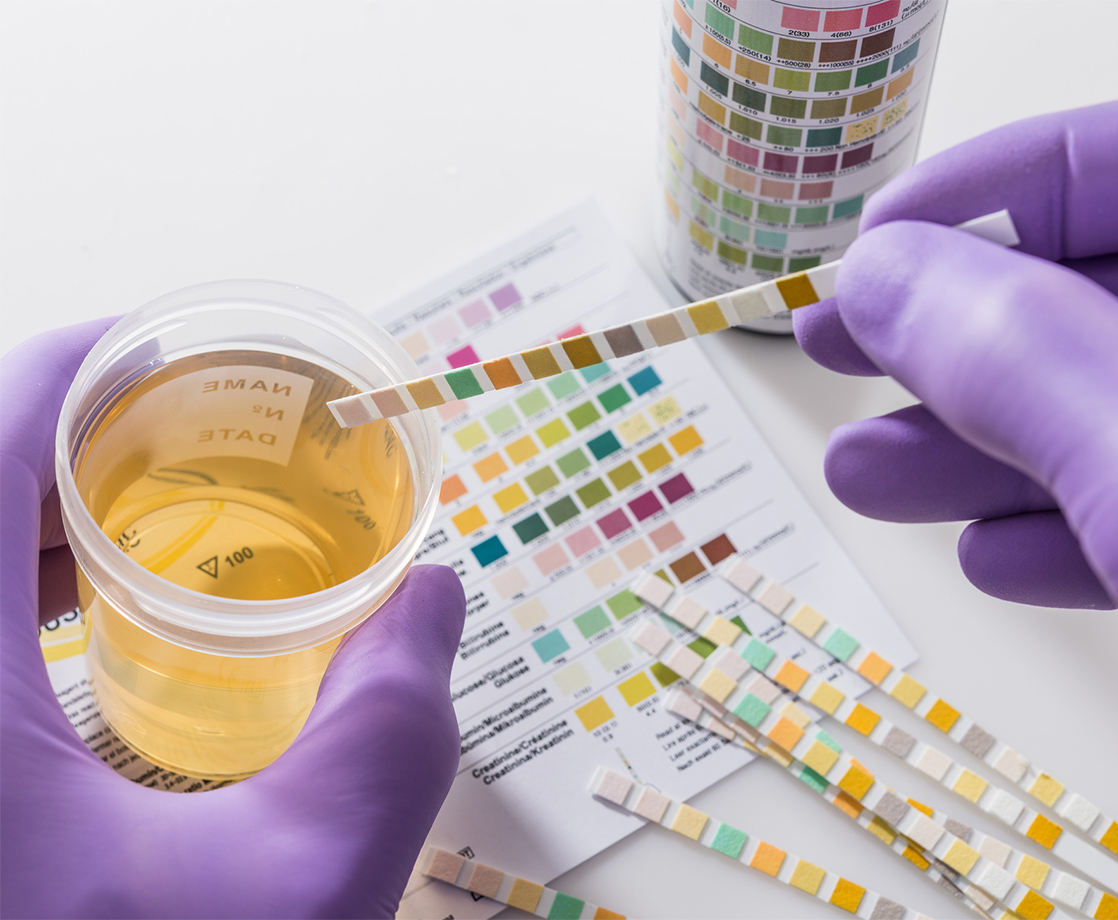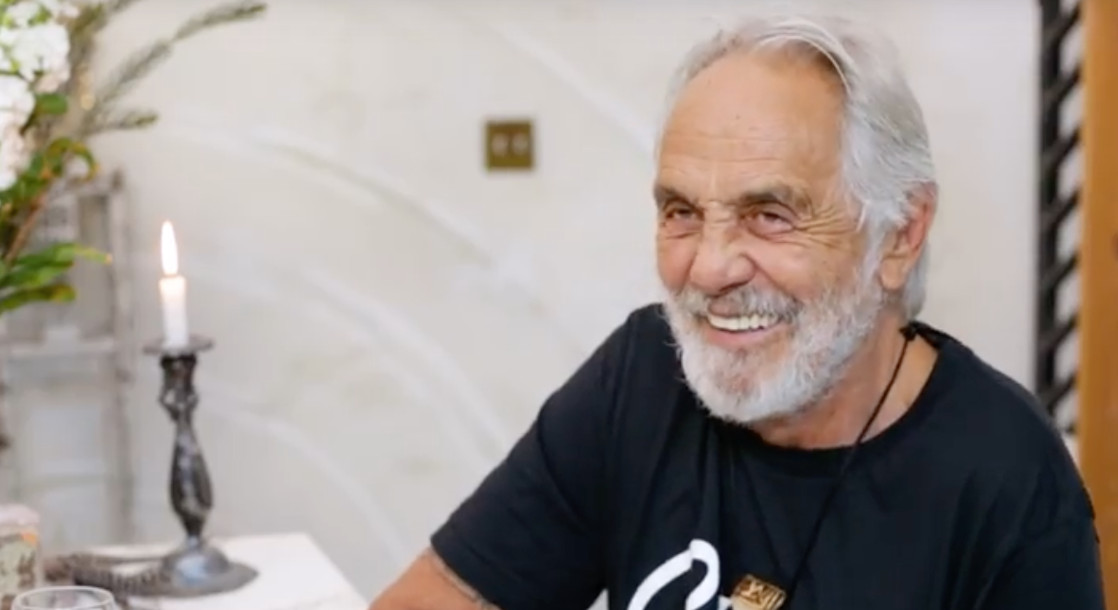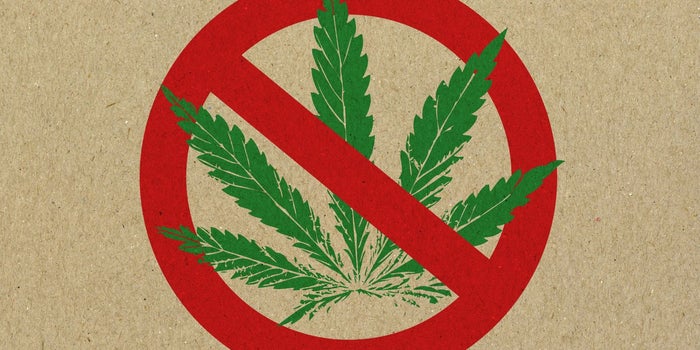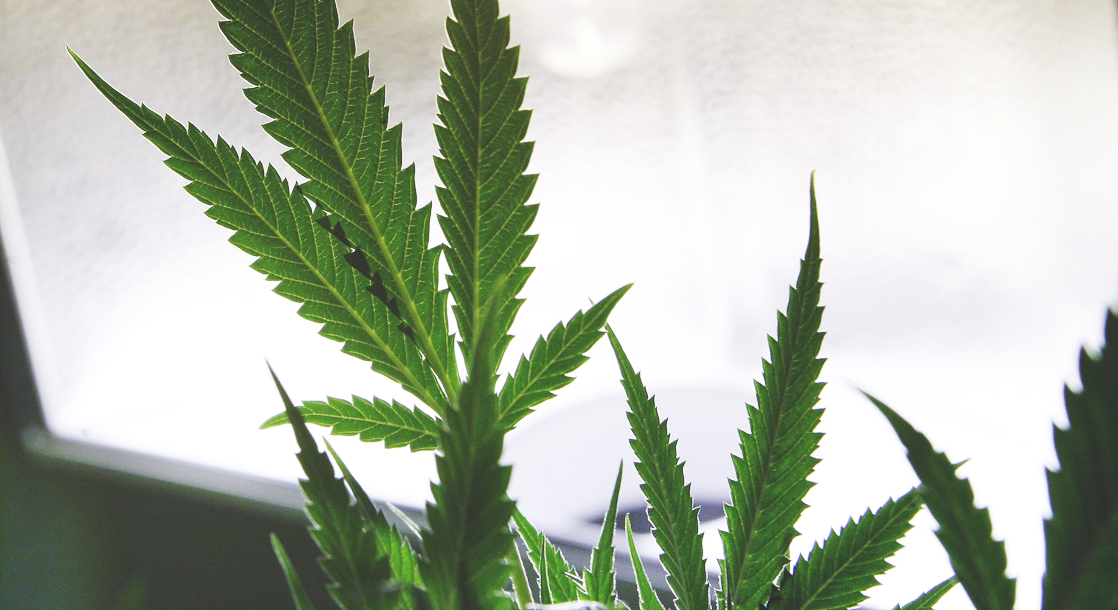Imagine a world where every time you visit the clinic for a regular check-up, you’re subjected to a mandatory drug screen. If an incredibly influential federal medical panel gets its way (and it usually does), this scenario may soon become a reality.
The suggestion for drug screening at the doctor’s office comes from the US Preventive Services Task Force (USPSTF), a federally appointed panel of medical doctors and epidemiologists who make healthcare recommendations to the US government, and, more importantly, insurance companies.
“For the first time, there is enough evidence for the Task Force to recommend that primary care clinicians screen all adults for illicit drug use,” the panel stated in a release.
Right now, the US is experiencing an opioid crisis triggered by pharmaceutical companies’ criminal activities and a lack of careful regulatory oversight on the government’s part. In 2017, President Trump declared the opioid crisis a national emergency, but it’s still unclear if his administration’s crackdown on opioid manufacturers — legal and black market pushers, alike — has done much to curb the epidemic.
According to the CDC, 68 percent of all drug overdose deaths in 2017 involved opioids. An estimated 1.7 million Americans currently struggle with opioid addiction, but there is no data concerning how many families, friends, or coworkers are affected by their peers who are addicted to opioids.
Which is why the USPSTF says that the opioid epidemic affects every single American, regardless of class, creed, ethnicity, age — or profession. In the panel’s view, since every American medical clinic has been hit by the swelling opioid epidemic, mandatory drug screenings are necessary for healthcare providers to offer adequate care to their patients.
The proposed screening process would require all healthcare providers to ask their patients if the patient consumes illicit drugs, too. The idea isn’t to shame the patient or to get them in trouble. Instead, the aim is to give healthcare professionals more information so they can recommend educational, rehabilitation, or counseling services.
Additionally, the proposal only includes adults aged 18 or older. Teenagers would be exempt from mandatory drug screening, but there is no upper age limit when screening adults.
“…Drug abuse is affecting every strata of Americans, including the young and the old,” wrote US News and World Report. “That’s why the panel did not declare an upper age limit for screening.”
Patients often don’t report illicit drug use to their doctors for fear of legal repercussions, or because they fear they could lose their health insurance if the insurers learn about their drug use. Under HIPAA laws, healthcare professionals are supposed to ensure their patients’ medical information stays confidential, but courts can subpoena an individual’s medical records if deemed appropriate by a judge.
“It’s on all of us providers to understand the diagnostic and treatment sources in our communities and not to use our lack of knowledge as a reason not to treat people,” said panel member Dr. Carol Magnione to the New York Times.
“These are hard topics for patients to bring up,” she continued, “but when the provider does, patients sometimes feel relieved. We tell them that we bring it up because we have treatments for it.”
How likely is it that the panel’s recommendation will become common practice? That’s hazy, for now. But the USPSTF has a lot of pull over the American healthcare system, namely by pushing for which healthcare services insurance companies must provide and which services are purely optional or cosmetic. The panel also studies ways to prevent illness and disease, and it makes its recommendations without any consideration for costs.
So, is this another policy that plays into the prohibitionist’s hands, or is this the first step toward treating drug addiction as a public health matter and not a criminal one? It’s easy to see how law enforcement could easily abuse incriminating medical documentation. That said, the panel’s recommendation could be a sound move if, and when, the federal government finally gives up on its long-failed, oppressive, and ridiculously expensive War on Drugs.
Follow Randy Robinson on Twitter











